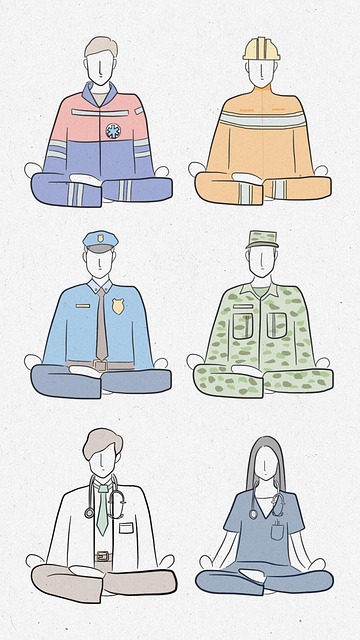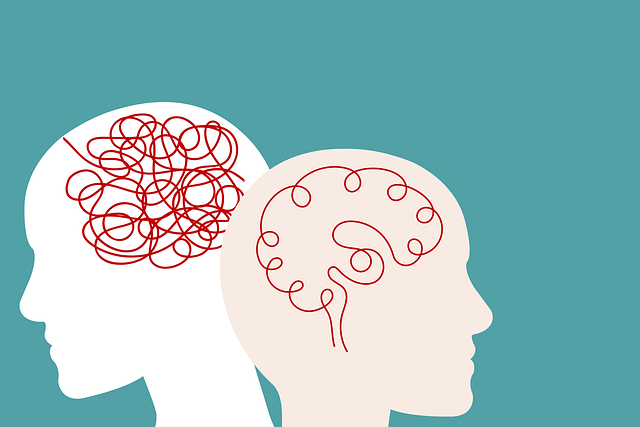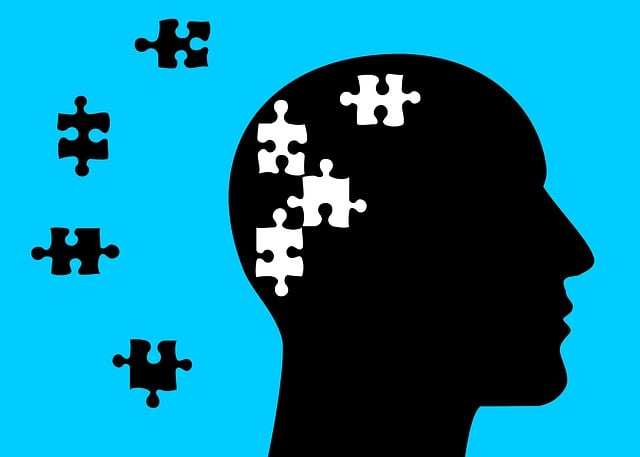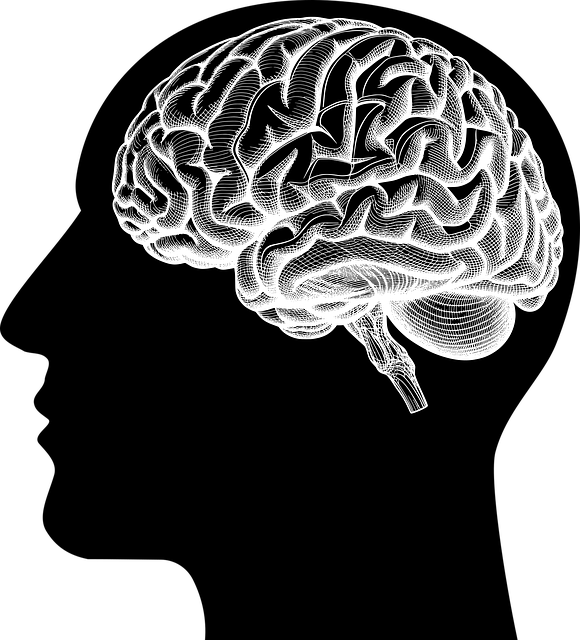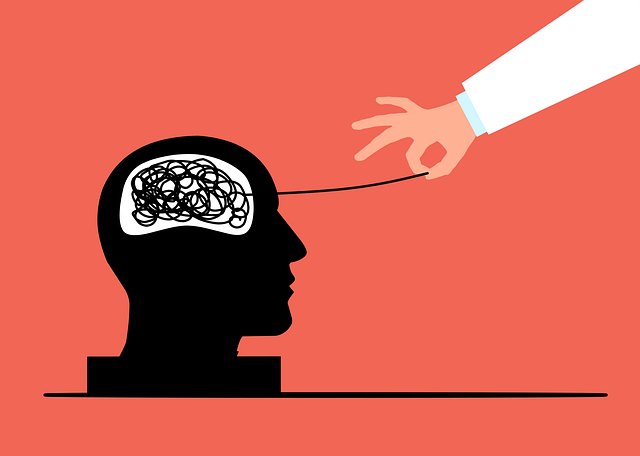Boulder Conduct Disorder Therapy focuses on teaching clients powerful coping skills beyond symptom management, integrating self-care, empathy building, and mental wellness journaling. This tailored approach helps individuals manage daily stressors, improve quality of life, and drive positive behavioral changes, fostering resilience and self-awareness. Through comprehensive assessments, personalized techniques like impulse control strategies, trauma support, mindfulness practices, physical activity, and cultural sensitivity, Boulder Conduct Disorder Therapy empowers clients to navigate challenges and achieve long-term mental health success.
Coping skills development is a cornerstone of successful Boulder Conduct Disorder Therapy. This article delves into the essential role these skills play in helping individuals manage challenging behaviors and promote positive outcomes. We explore strategies for understanding coping needs, assessing unique challenges, implementing practical techniques, and maintaining progress over time. By equipping clients with effective coping tools, therapists can foster resilience and improve overall well-being in Boulder Conduct Disorder Therapy settings.
- Understanding Coping Skills and Their Significance in Boulder Conduct Disorder Therapy
- Identifying Individual Needs: Assessing the Client's Unique Challenges
- Practical Strategies for Building Effective Coping Skills
- Long-term Maintenance and Relapse Prevention Techniques
Understanding Coping Skills and Their Significance in Boulder Conduct Disorder Therapy

Coping skills are essential tools for individuals navigating challenges, especially those with conduct disorders. In Boulder Conduct Disorder Therapy, understanding and cultivating these skills is paramount. The goal isn’t just to manage symptoms but to empower clients with long-lasting strategies to cope effectively. By integrating self-care practices, empathy building strategies, and mental wellness journaling exercises, therapists facilitate a holistic approach to treatment. This not only helps in the immediate session but also equips individuals with ways to navigate daily stressors, improving their overall quality of life and promoting positive behavioral changes.
In Boulder Conduct Disorder Therapy, these coping skills are tailored to each client’s unique needs and experiences. Through guidance and support, individuals learn to recognize triggers, manage intense emotions, and make healthier choices. This process is transformative, fostering resilience and self-awareness, which are crucial components of recovery. By focusing on these skills, therapists enable clients to break harmful patterns and develop adaptive coping mechanisms that can significantly enhance their ability to thrive in various environments.
Identifying Individual Needs: Assessing the Client's Unique Challenges

In Boulder Conduct Disorder Therapy sessions, the first step towards effective coping skills development is identifying individual needs. This involves a thorough assessment of the client’s unique challenges and experiences. Every individual brings their own set of circumstances, including any history of trauma or mental wellness issues, which can greatly impact their ability to cope with life’s stressors. By understanding these underlying factors, therapists can tailor their approach to address specific needs. For instance, clients struggling with conduct disorder may require specialized techniques to manage impulsive behaviors and develop healthier coping mechanisms.
Trauma support services play a crucial role in this process, as many individuals face profound emotional challenges that need addressing. Mentoring clients towards inner strength development is key; helping them recognize and harness their inherent resilience can be transformative. Through personalized therapy sessions, individuals learn valuable strategies to navigate life’s complexities, fostering improved mental wellness and empowering them to lead more fulfilling lives.
Practical Strategies for Building Effective Coping Skills

Practical Strategies for Building Effective Coping Skills
Coping skills development is a crucial aspect of Boulder Conduct Disorder Therapy, focusing on empowering individuals to navigate life’s challenges and promote emotional well-being. One effective technique involves teaching mindfulness practices such as meditation and deep breathing exercises. These simple yet powerful tools help individuals stay grounded in the present moment, reducing impulsive reactions and improving their ability to manage stress. By integrating mindfulness into daily routines, individuals can enhance their resilience building, enabling them to better cope with difficult situations.
Additionally, encouraging physical activity and engaging hobbies serves as robust Resilience Building techniques within Coping Skills Development. Exercise releases endorphins, which boost mood and reduce anxiety. Engaging in creative pursuits or outdoor activities allows individuals to express themselves and find solace in a structured yet enjoyable environment. These activities not only foster emotional release but also provide healthy distractions from stressful thoughts, contributing to overall happiness and well-being.
Long-term Maintenance and Relapse Prevention Techniques

Maintaining coping skills learned during therapy is crucial for long-term mental health success, especially when dealing with conditions like Conduct Disorder in Boulder. Relapse prevention techniques play a significant role here. One effective strategy is integrating mindfulness meditation practices into daily routines, helping individuals stay present and manage triggers effectively. By cultivating positive thinking and emotional awareness through mindfulness, individuals can anticipate and navigate challenging situations without resorting to harmful behaviors.
Cultural sensitivity in mental healthcare practice is also vital for long-term maintenance. Understanding and respecting diverse cultural backgrounds ensures that coping strategies are adaptable and relevant to each individual’s experiences. This personalized approach fosters a deeper connection with the therapeutic process, enhancing the effectiveness of relapse prevention techniques.
Coping skills development is a pivotal aspect of Boulder Conduct Disorder Therapy, empowering individuals to navigate challenges effectively. By understanding their unique needs through comprehensive assessment, clients can learn practical strategies tailored to their specific circumstances. Implementing these skills not only improves immediate coping but also fosters long-term resilience against potential relapses. Through consistent practice and maintenance, the techniques acquired in therapy become integral to an individual’s overall well-being, enabling them to manage symptoms and thrive in various aspects of life.




